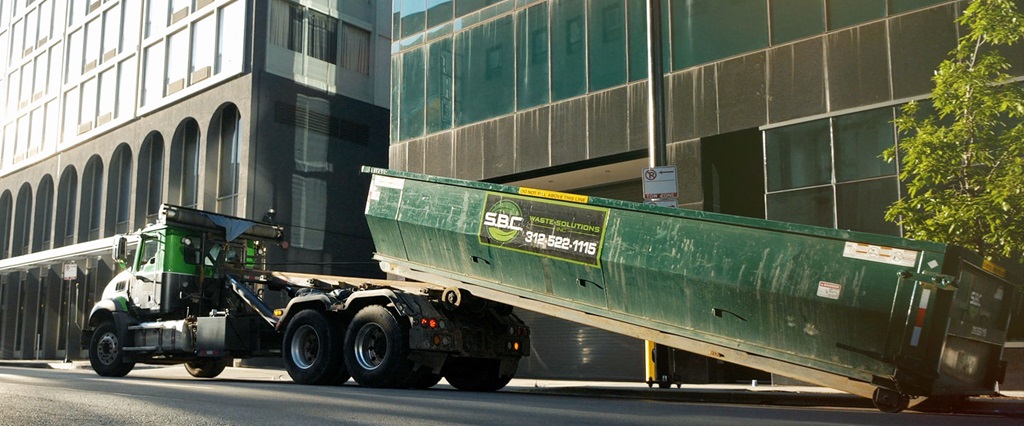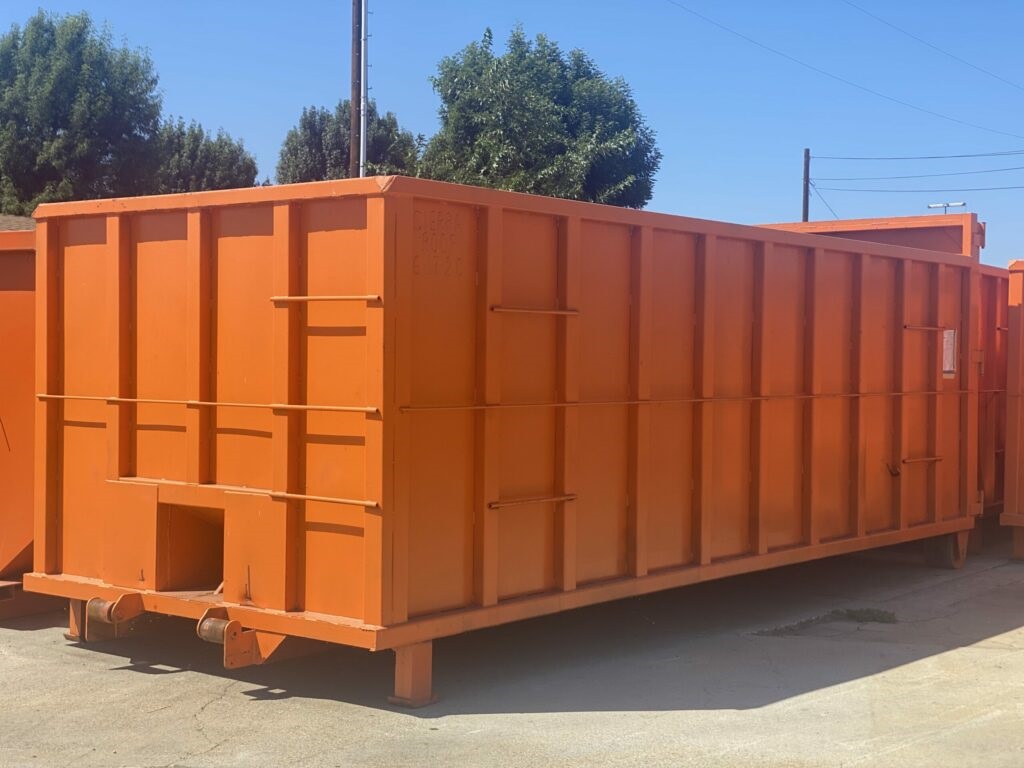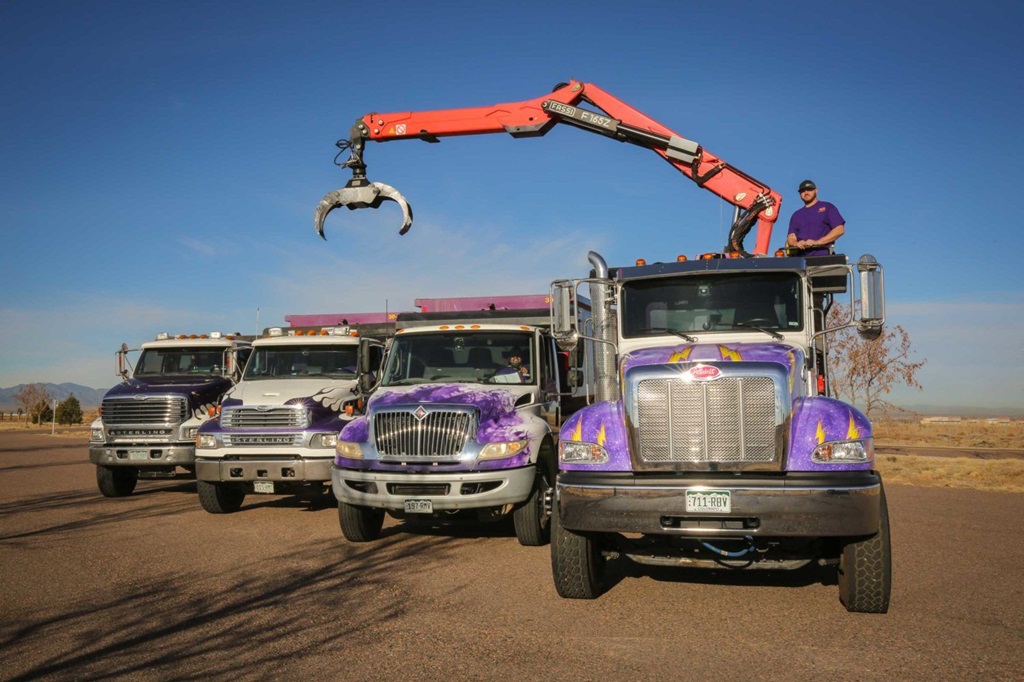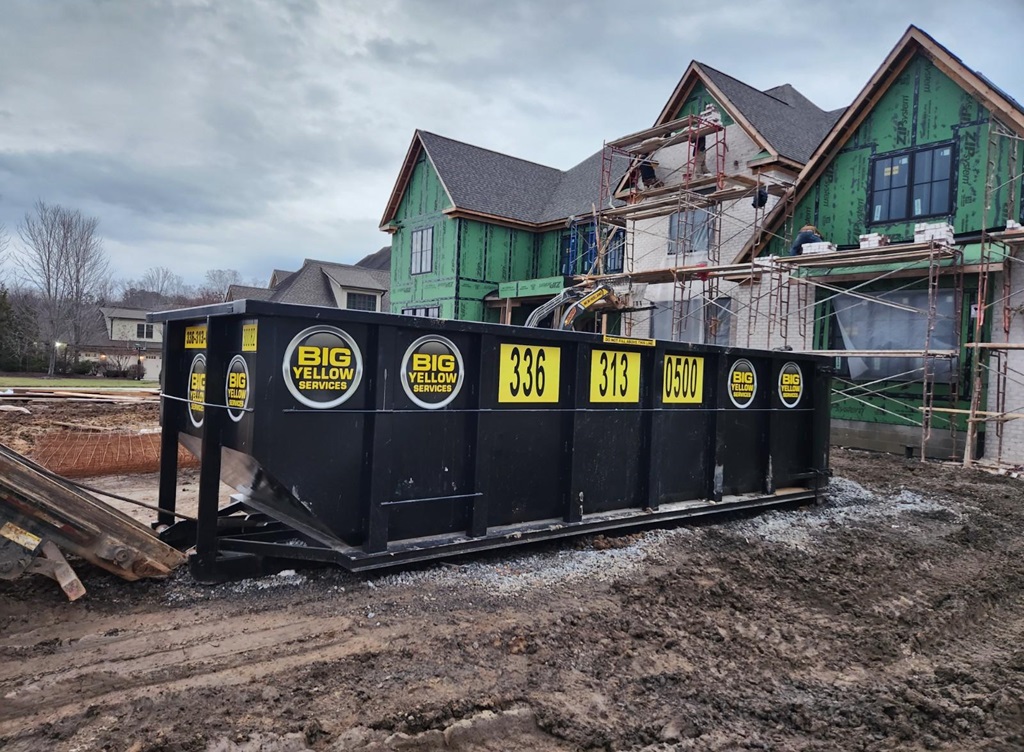
Hey there! Ever wondered about the nitty-gritty details behind renting a dumpster? You know, those sturdy containers that magically make piles of waste disappear? Well, you’re in for a treat because we’re diving deep into the world of dumpster rentals, regulations, and permits. By the end of this journey, you’ll be a dumpster rental expert, armed with knowledge about the ins and outs of waste management. So buckle up and let’s roll!
What’s the Deal with Dumpster Rentals?
First things first, let’s talk about what dumpster rentals are all about. Whether you’re tackling a home renovation project, clearing out your garage, or managing a construction site, dumpster rentals are your best friend. They come in various sizes, with roll-off dumpster rentals being particularly popular. These bad boys can handle a wide array of waste, from construction debris to household junk.
Why Dumpster Rental Services Are a Game Changer
Imagine this: You’re knee-deep in a DIY project, and suddenly you’re surrounded by a mountain of debris. What do you do? Call in the pros, that’s what! Dumpster rental services swoop in to save the day, providing you with a convenient, hassle-free way to dispose of your waste. They not only deliver the dumpster to your doorstep but also haul it away once you’re done, leaving you with a clean slate to work with. It’s like having a trusty sidekick in your waste management adventures.
Breaking Down Dumpster Sizes
Dumpsters come in various sizes, catering to different needs. Residential dumpster rentals are perfect for household cleanouts, garage decluttering, or small-scale renovations. On the other hand, construction dumpster rentals are heavy-duty beasts designed to handle the debris generated from large-scale construction projects. The size you choose depends on the volume of waste you expect to generate, so it’s essential to estimate your needs accurately.
The Dollars and Cents of Dumpster Rentals
Now, let’s talk money. One of the most common questions people ask is, “How much is a dumpster rental?” Well, the cost of renting a dumpster depends on several factors, such as the size of the dumpster, the duration of the rental, your location, and the type of waste you’re disposing of. It’s like ordering a pizza – the more toppings you add, the higher the price. However, many rental services offer transparent pricing, so you won’t be hit with surprise fees.
Navigating Dumpster Rental Regulations

Ah, regulations – the necessary evil that keeps our communities clean and safe. Dumpster rentals are subject to local regulations and permits, which vary from one place to another. These regulations ensure that waste disposal is done responsibly, without harming the environment or public health. Before you rent a dumpster, it’s crucial to check with your local authorities about the permits required in your area. Violating these regulations can result in fines, so it’s best to play by the rules.
Understanding the Permit Process
Securing a permit for your dumpster rental might sound like a daunting task, but fear not – it’s often simpler than it seems. Many dumpster rental services handle the permit application process on your behalf, saving you time and effort. They have a good understanding of the local regulations and can ensure that you comply with all the necessary requirements. It’s like having a seasoned tour guide leading you through a foreign land – you can relax and focus on your project while the experts handle the paperwork.
The Importance of Responsible Waste Management
Dumpster rentals aren’t just about getting rid of unwanted stuff; they also play a vital role in responsible waste management. Proper disposal of waste ensures that recyclable materials are recycled, reducing our impact on the environment. It’s like being part of a big, global recycling party where everyone contributes to a cleaner planet. By renting a dumpster and following the regulations, you’re doing your part to keep our world green and beautiful.
Types of Dumpster Rental
Certainly! There are several types of dumpster rentals available to cater to different needs. Here are the common types:
1. Residential Dumpster Rentals
For homeowners undertaking renovations, cleaning projects, or landscaping, residential dumpster rentals offer a convenient solution. These dumpsters are compact, designed to fit into driveways, and can handle household debris, old furniture, or garden waste.
2. Construction Dumpster Rentals
Construction sites generate substantial amounts of waste, including debris, concrete, and metal scraps. Dumpster rentals come in larger sizes, accommodating the heavy materials produced during building projects. They ensure a safe and organized workspace, promoting efficiency and cleanliness on-site.
3. Commercial Dumpster Rentals

Businesses, retail outlets, and office complexes require tailored waste management solutions. Commercial dumpster rentals provide various sizes and configurations, accommodating diverse waste streams, such as paper, cardboard, packaging materials, and general office waste. These rentals are customizable to match the waste output of specific businesses.
4. Roll-Off Dumpster Rentals
Roll-off dumpsters are versatile and suitable for both residential and commercial projects. They come in various sizes, from small 10-yard options to massive 40-yard containers. Roll-off dumpster rentals are perfect for large-scale cleanouts, construction sites, and demolition projects, offering a cost-effective and efficient waste disposal solution.
5. Recycling Dumpster Rentals
In the era of environmental consciousness, recycling dumpster rentals play a crucial role in waste management efforts. These specialized dumpsters are designated for recyclable materials like paper, plastic, glass, and metal. Renting recycling dumpsters encourages eco-friendly practices and supports sustainability initiatives within communities.
6. Temporary vs. Permanent Dumpster Rentals
Consider the duration of your project when choosing a dumpster rental. Temporary rentals are ideal for short-term projects, while permanent rentals are suitable for businesses or residential complexes with continuous waste disposal needs. Evaluating the duration helps in selecting the most cost-effective option.
7. Hazardous Waste Dumpster Rentals
Certain projects involve hazardous materials, such as chemicals, asbestos, or electronic waste. Handling these materials requires specialized dumpsters designed to meet safety regulations. Hazardous waste dumpster rentals ensure proper containment and disposal of dangerous substances, protecting both the environment and human health.
8. Dumpster Rental Cost Factors
Understanding the factors influencing dumpster rental costs is essential. Factors such as dumpster size, rental duration, location, and waste type impact the overall price. It’s crucial to discuss these aspects with the rental provider to get an accurate cost estimate tailored to your project’s requirements.
9. Compactor Dumpster Rental:

Compactor dumpsters are equipped with compacting mechanisms, allowing more waste to be stored in a smaller space. These are commonly used by businesses that produce a high volume of waste daily.
10. Organic Waste Dumpster Rental:
Designed for organic waste like food scraps and yard trimmings, these dumpsters are used by households, restaurants, and businesses aiming to reduce their environmental impact.
Before renting a dumpster, it’s important to consider the type of waste you’ll be disposing of and choose the appropriate dumpster type and size to ensure efficient and responsible waste management.
Conclusion
Choosing the right dumpster rental is pivotal for efficient waste management. Whether you’re a homeowner, contractor, or business owner, understanding the types of dumpster rentals available empowers you to make an informed decision. By selecting the appropriate dumpster for your needs, you contribute to a cleaner environment and streamlined waste disposal processes.
Frequently Asked Questions
Q1: Do I need a permit for a residential dumpster rental?
A1: It depends on your local regulations. Some areas require permits for residential dumpster rentals, while others do not. It’s best to check with your local authorities or your dumpster rental service provider to determine if a permit is needed.
Q2: How long can I keep a dumpster rental?
A2: Dumpster rental periods vary, but most providers offer rentals for a specific number of days, typically ranging from 7 to 14 days. If you need the dumpster for a longer period, you can often arrange an extension with the rental service.
Q3: Can I dispose of hazardous materials in a dumpster rental?
A3: No, you cannot dispose of hazardous materials in a dumpster rental. Hazardous waste, such as chemicals, batteries, and electronics, requires special handling and should be taken to designated facilities for proper disposal.
Q4: What size dumpster do I need for my project?
A4: The size of the dumpster you need depends on the amount of waste you expect to generate. Residential projects like small cleanouts may require a 10-yard dumpster, while larger projects like home renovations or construction sites may need a 20 or 30-yard dumpster. It’s best to consult with your dumpster rental provider to determine the appropriate size for your specific needs.
Q5: Can I place a dumpster on the street in front of my house?
A5: Placing a dumpster on a public street often requires a permit from the local authorities. It’s essential to check with your city or town hall to obtain the necessary permits and ensure compliance with local regulations.
And there you have it – a comprehensive guide to understanding dumpster rental regulations and permits. Armed with this knowledge, you’re ready to tackle your next project with confidence, knowing that you’re not only managing your waste responsibly but also abiding by the rules. Happy dumpster diving!







